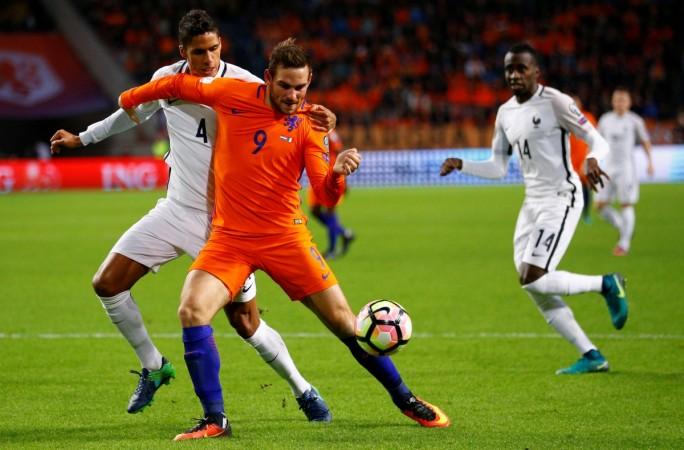
On Tuesday, FIFA took a unanimous decision of increasing the number of teams in its quadrennial World Cup to 48, a jump by 16 from the current 32.
The decision is undoubtedly driven by commercial interests as more teams mean more broadcasting and sponsor deals and that transforms to more money. But for Europe, which has seen the most number of sides (11) lifting the prestigious trophy in its 87-year history, FIFA's decision will certainly not be good news.
In December last year, the European Club Association (ECA), a body of 220 top clubs from the continent, had appealed to FIFA chief Gianni Infantino to not increase the number of teams in the World Cup for the sake of the players and fans. ECA chairman Karl-Heinz Rummenige even said that politics and commerce should not be the exclusive priority in football.
The fact that the European clubs employ a big number of players who head for the World Cup, while the number of European teams in the tournament remain less suggest that the football powerhouse is being exploited by the merchants of the game to fill their coffers, something which the genuine lovers of the game may find objectionable. After all, FIFA's call for expanding the tournament format isn't entirely motivated by the quality of football around the world, but rather the opportunity to tap into the vast markets in Asia and Africa.
FIFA's decision an opportunity for Europe?
Every crisis is an opportunity, though, and this decision made by FIFA could end up working in Europe's favour. If post-Brexit Europe is feeling increasingly insecure about its future, its common grievance against FIFA's decision on the World Cup format could act as a unifier. For a continent, which has never felt so in doubt since World War II, football could be the perfect panacea.
In times of aggressive nationalism, football can turn things around
There is no shortage of instances when sports have played a big part in healing wounds and showing the way forward. Mohun Bagan had done it against Yorkshire Regiment even before India became independent. During the years of recession in the late noughties, Europe's big successes in football was like a breath of fresh air in an otherwise gloomy atmosphere in the continent.
Sports can be a great tool for peace: History confirms
The decision on the World Cup can give Europe the much-needed reason to galvanise itself over a cause, and who knows, the effect can spill over into the arena of politics and diplomacy, where the European Union is clearly struggling. There are several examples of sport being used as a means of inter-state reconciliation in world history. In the early 1970s, the US and China had scripted their famous rapprochement through the Ping Pong Diplomacy. Sporting diplomacy was also used to build a bridge between the two Koreas in the later part of the 20th century. The government of Atal Bihari Vajpayee had tried cricket as a means to promote peace with arch-rivals Pakistan. In countries like Ivory Coast and Sri Lanka, football and cricket, respectively, have been used for national reconciliation. So Europe can certainly take a cue from history.
Football can do what EU is increasingly failing to
Besides, when right-wing nationalism is taking centrestage in quite a few European countries (current football world champions Germany are perhaps the only country in the continent, which is yet to be taken over by that brand of politics) and issues like Brexit, refugee crisis, terrorism and Eurozone troubles are making the idea of the EU's breakdown far from an impossibility, a united call to pressurise FIFA to do the game a favour can make the idea of Europe a workable one again.
Rebel bodies in sports are not something uncommon, and Europe, which is the main powerhouse of world football, can play a dominant role by putting a check on mindless commercialisation of the game. Amid all the political crises and their mismanagement, can Europe, through its favourite sport, give itself a chance of being relevant again?









